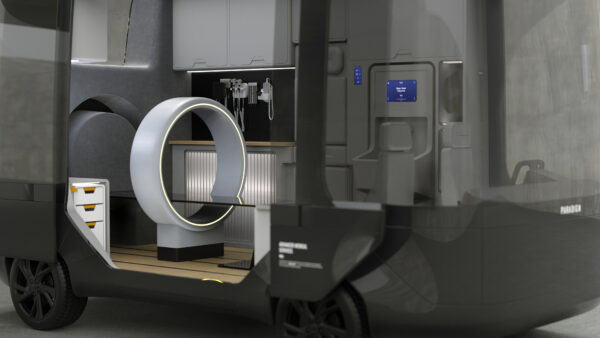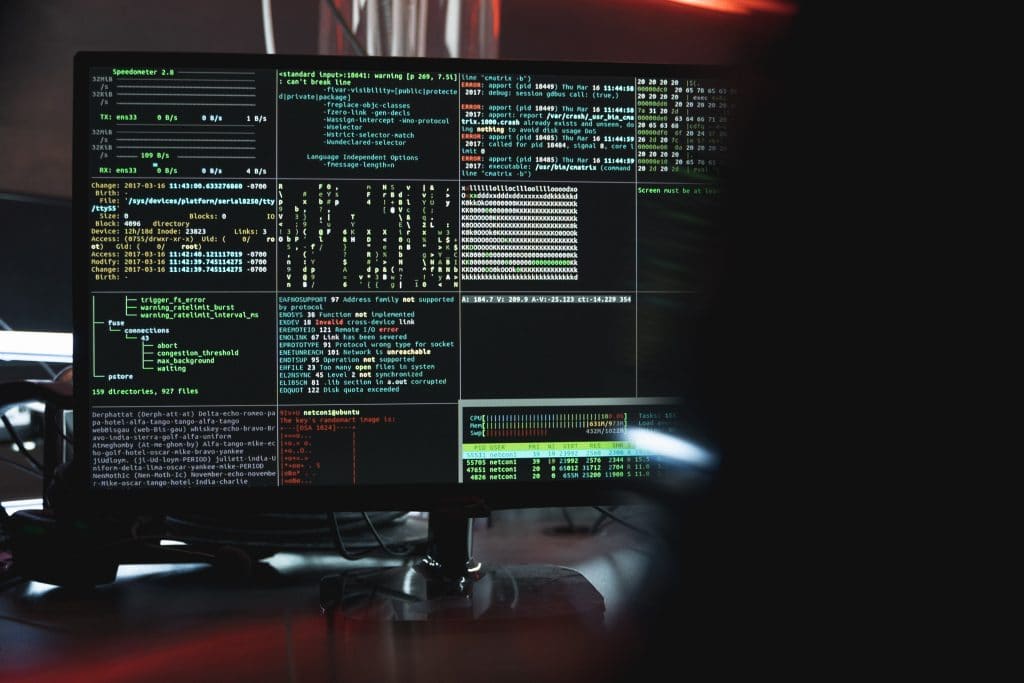Adelaide-based Mico X has been awarded a US$16.4m (A$25m) contract from the US Advanced Research Projects Agency for Health (ARPA-H) to build the scanner.
The Paradigm is described as a rugged vehicle equipped with a miniature CT scanner for use in isolated (rural) regions in the US.
Micro-X Chief Executive Officer Kingsley Hall says his company continues to “go beyond boundaries” of legacy X-ray limitations to answer the challenges of providing advanced rural health care.
The company’s US CEO and Chief Scientific Officer Brian Gonzales says: “ARPA-H’s vision for the Paradigm program is closely aligned with Micro-X’s vision to create revolutionary X-ray imaging to better lives.
“We are extending hospital grade imaging beyond the boundaries of conventional hospitals to bring a vehicle-mounted full body CT solution to rural communities,” he says.

ARPA-H will fund development of the vehicle for five years, subject to ARPA-H option, through to pre-market submission (501k) to the US Food and Drug Administration (FDA).
The company says the full-body CT scanner will weigh just 225kg in comparison to conventional CTs that weigh more than 2000kg.
Micro-X says its technology was developed via contracts from the US Department of Homeland Security (DHS) and Australian Medical Research Future Fund (MRFF).
Conventional CT accounts for the largest share (about 30 per cent) of the global medical imaging market, the company says.
CT is used for a wide range of diagnoses including cardiac imaging, cancer screening, trauma diagnosis and lung screening.
ABOUT MICRO-X
Micro-X Limited is an ASX listed company developing and selling health and security products based on X-ray technology.
It operates a design and production facility in Adelaide and opened an office in Seattle in 2021 which is expanding its US business.
Other projects include: a US Homeland Security contract to design a next-generation airport security checkpoint while a brain CT imager for pre-hospital stroke diagnosis in ambulances is being developed with funding from the MRFF.






